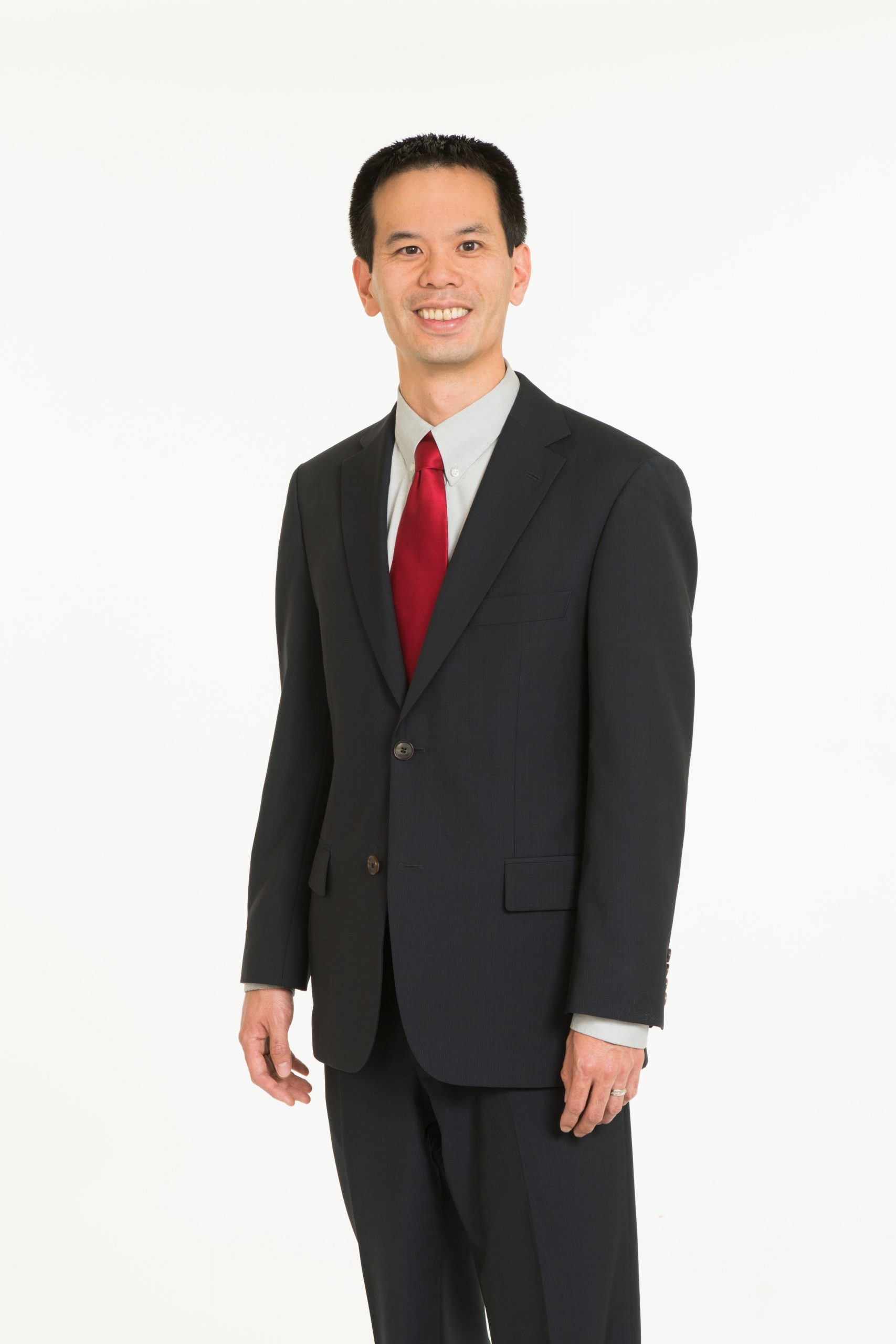
David Hsu, Ph.D.
Senior Associate
David Hsu, Ph.D., is a senior associate at Kilpatrick Townsend & Stockton LLP. Dr. Hsu focuses his practice on patent preparation, prosecution, and related counseling. Dr. Hsu’s chemical engineering educational background and work experience help him represent clients in a wide range of industries, including biotechnology, renewable energy, semiconductors, polymer materials, and bioinformatics. Dr. Hsu was recognized as one of seven “Up and Coming Lawyers” in 2018 by Law Week Colorado.
Dr. Hsu joined the firm as a law clerk in 2012 while attending law school. Prior to joining the firm, he worked as a senior engineer for the National Renewable Energy Laboratory (NREL) in Golden, Colorado, where he analyzed technical, economic, and sustainability qualities of cellulosic biofuels, solar photovoltaic, and other renewable energy processes. He published widely cited technical papers on biofuels and was frequently an invited speaker on the topic. Before NREL, Dr. Hsu served as a senior process engineer for Intel Corporation in Hillsboro, Oregon, helping develop both front-end and back-end processes for manufacturing next generation microprocessors. His Ph.D. in chemical engineering from the University of California, Berkeley focused on high pressure microplasmas.
Dr. Hsu is a member of the Boulder County Planning Commission. As a member of the Commission, he helps evaluate land use proposals and make recommendations to the County Commissioners. He is also a former member of the Planning Commission for Louisville, Colorado. He had previously been appointed to the city’s Sustainability Advisory Board.
Dr. Hsu is conversant in Mandarin Chinese.

Recent Articles by David Hsu, Ph.D.
A strategy for the COVID-19 pandemic is testing for antibodies to determine possible immunity. Such diagnostic tests may suffer from a high false positive rate. Improving accuracy is therefore desirable. However, the U.S. Patent and Trademark Office (USPTO) is generally not receptive to diagnostic claims that improve accuracy. The recent case of CardioNet v. Infobionic, makes patenting more accurate diagnostics easier. CardioNet considered whether a more accurate cardiac monitoring device was eligible. Claim 1 recites a device that detects abnormal heart rhythms (atrial fibrillation or atrial flutter) in a patient. The district court held that the claims were directed to an abstract idea of identifying atrial fibrillation or atrial flutter “by looking at the variability in time between heartbeats and taking into account ventricular beats.” The Federal Circuit reversed and held an improved cardiac monitoring device was not an abstract idea.

![[IPWatchdog Logo]](https://ipwatchdog.com/wp-content/themes/IPWatchdog%20-%202023/assets/images/temp/logo-small@2x.png)